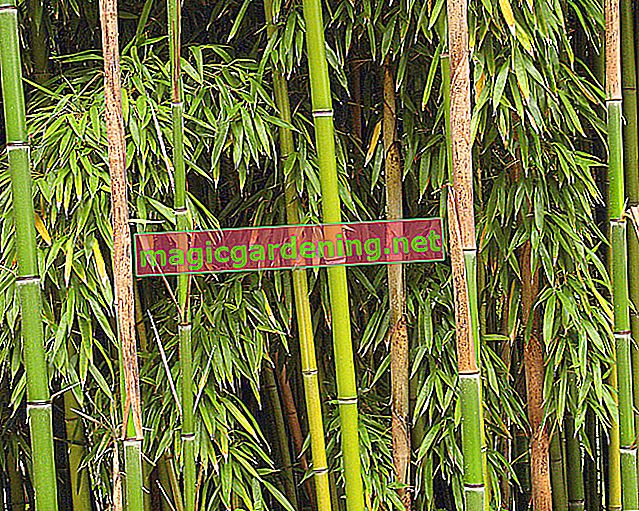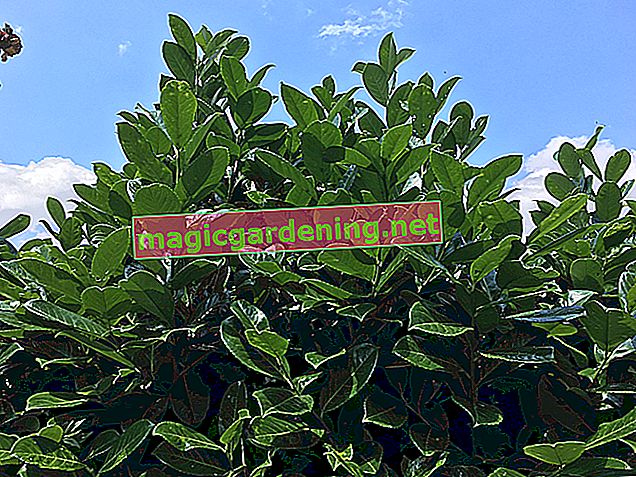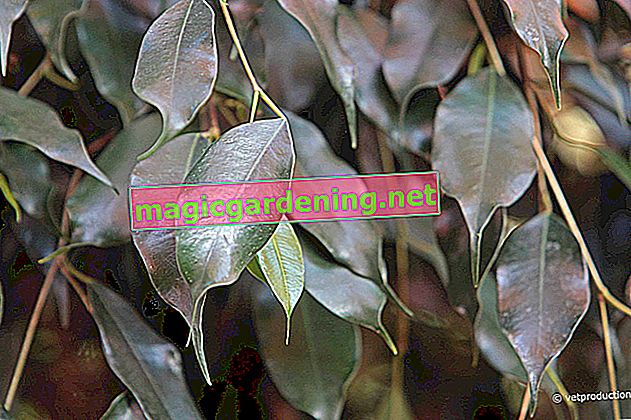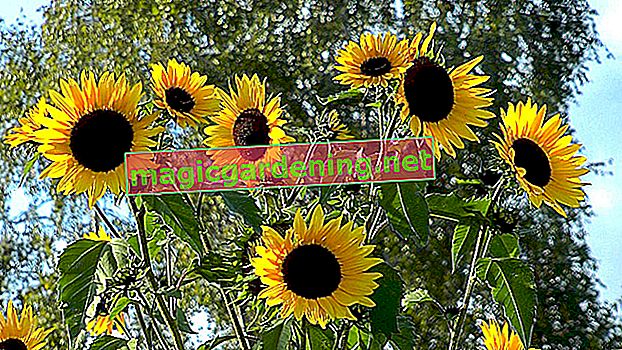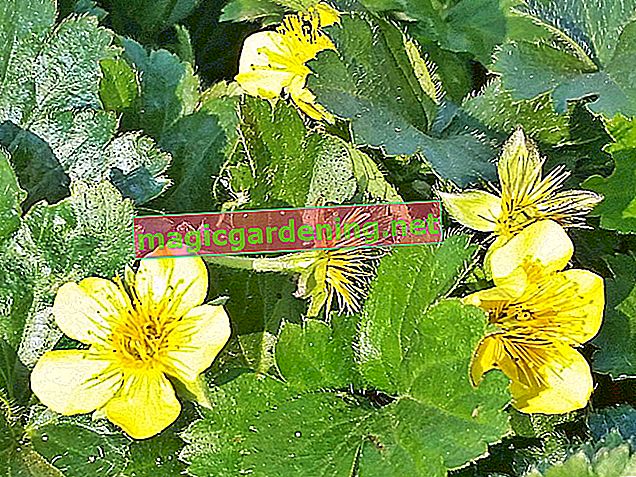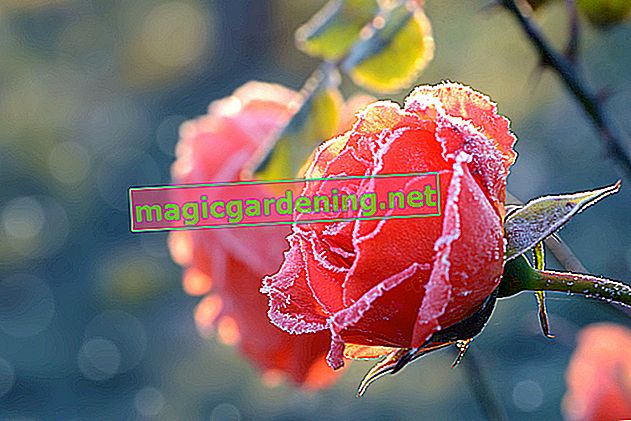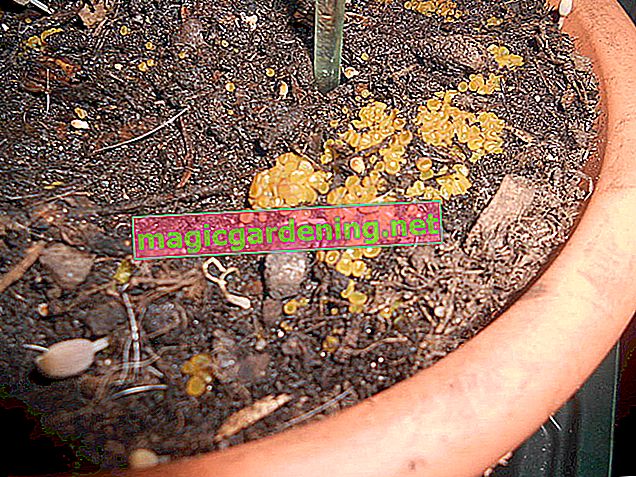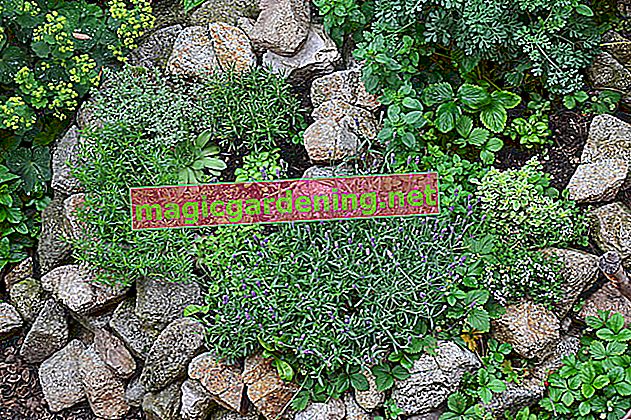
Mostly root rot is behind it
It sounds paradoxical, but it really is like this: Rosemary dries up because it has been exposed to too much moisture and humidity. Especially waterlogging, too frequent watering or too heavy soil lead to the fact that the roots rot and ultimately are no longer able to supply the above-ground parts of the plant with sufficient water and nutrients. Furthermore, the rotting roots are often attacked by microorganisms living in the soil, mostly fungi. So if your rosemary looks dried out, even though you water it regularly and the soil does not appear dried out, then you should dig it up and take a closer look at the roots.
also read
- Rosemary loves poor soil
- Rosemary gets yellow needles - what to do?
- Pour the rosemary only a little
Saving dried up rosemary
With a little luck - and quick action - a rosemary that dries up due to root rot can still be saved. The rescue operation proceeds as follows:
- Dig up planted rosemary with the help of a spade fork.
- Potted rosemary is simply taken out of the pot.
- Carefully remove the soil from the roots, for example in a shower.
- Now examine the roots for any signs of rot.
- Sick roots are cut off with a sharp and clean knife and disposed of.
- Be generous with your pruning.
- Dip the roots in a rooting hormone - this also prevents fungi from growing.
- Now plant the rosemary in a different location.
- Put pot rosemary in a new pot with fresh substrate.
Either before or after transplanting, you should prune the plant vigorously. All parts of the plant that are dried up, sick or withered are removed. If possible, do not cut into the old wood because it will be difficult for the rosemary to sprout again. Water regularly, but only a little.
Tips & Tricks
A rosemary plant that dangles its needles usually has a different kind of water problem. Most of the time it is thirsty and needs more water. You should therefore watch out for this sign especially in very hot summers or in winter.
IJA

